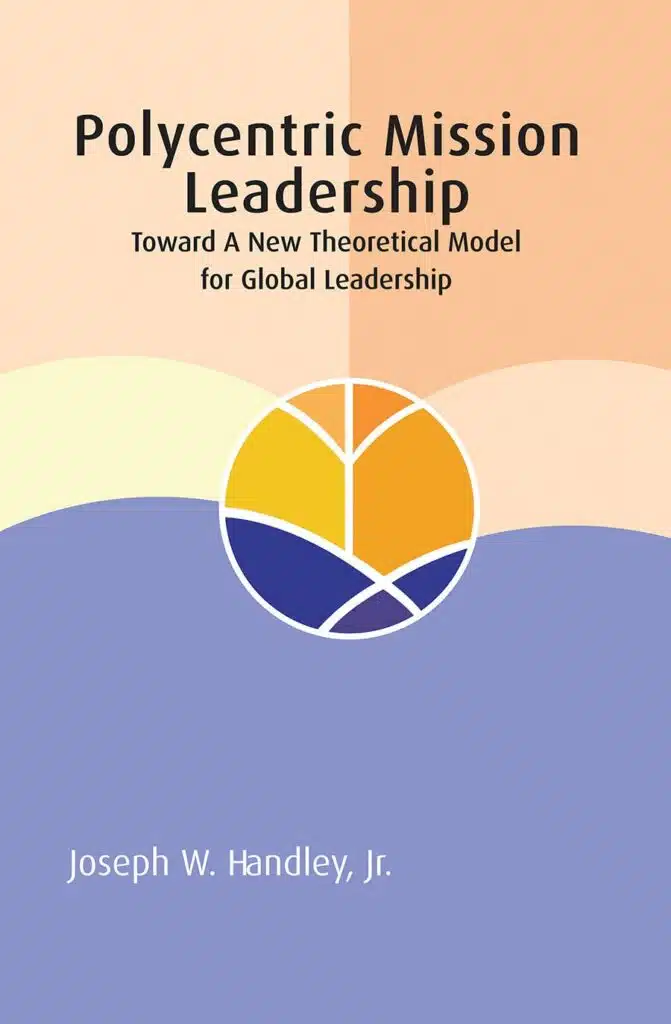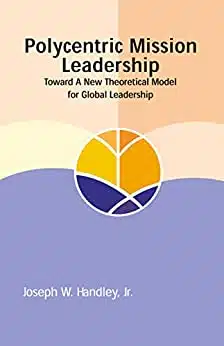Polycentric Mission Leadership: Toward a New Theoretical Model for Global Leadership

Missio Nexus’ leadership thoughtfully summarize books, giving you the Leader’s Edge to help inform, stimulate and provoke profitable discussion.
Leader’s Edge: Missions & Ministry
Polycentric Mission Leadership: Toward a New Theoretical Model for Global Leadership*
By Joseph W. Handley, Jr.
Fortress Press, 2023
191 ebook pages
*As an Amazon Associate Missio Nexus earns from qualifying purchases.
Summary
This book’s goal is “to find a better approach to leadership in a world where everything—from supply chains to political conflict to the church—is global” (page 22). With this goal in mind, the author proposes what he calls the Polycentric Mission Leadership model, which has six key themes that characterize strong leadership: collaborative; communal; diverse; entrepreneurial freedom; relational; and charismatic. The assessment of this polycentric model is conducted primarily in the context of the Lausanne Movement through qualitative interviews with key leaders. Using various resources and findings about polycentric leadership, the book argues that this model of leadership may provide a fresh approach that leads to creative solutions in the world of mission today.
Leader’s Edge
No portion of Leader’s Edge may be reproduced by any mechanical, photographic, or electronic process, nor copied for public use without the permission of Missio Nexus. Send a request to: Info@MissioNexus.org




Responses